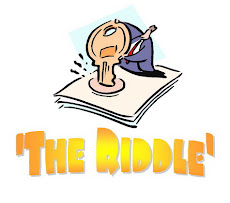Next week we'll be enjoying our Holy Week vacation, which finishes with Easter. What do you know about Easter? If you want to learn about its origins (both religious and pagan) and about the way in which it is celebrated in different parts of the world, read the following text and do the activities proposed in the worksheet.
Moreover, you can do many other types of interesting activities, both on paper and on line, if you click here.
Have a happy holiday!
Easter









